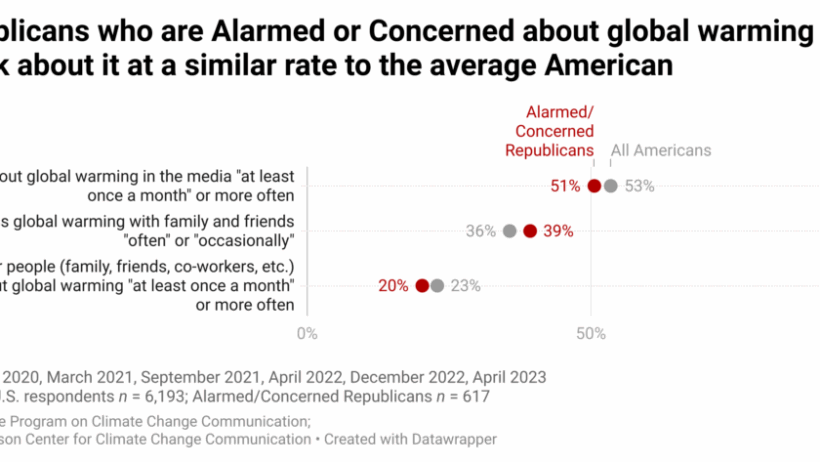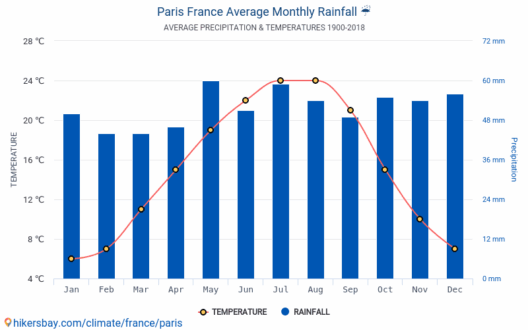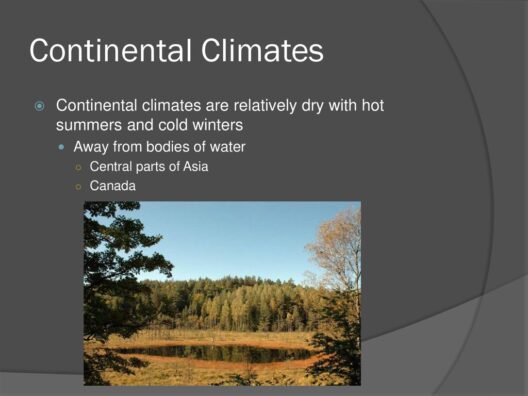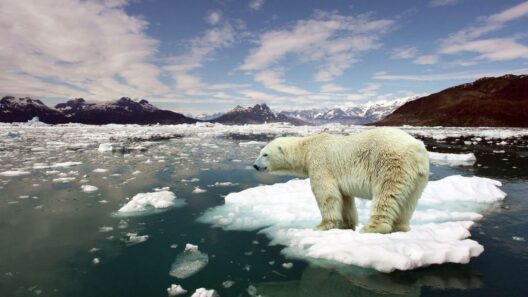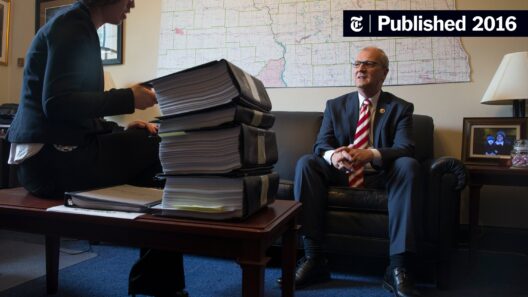The discourse surrounding global warming often reveals significant ideological divides, particularly when examining the stances of Republicans and Quakers. As climate change poses an existential threat, understanding the perspectives of these two groups sheds light on the intricacies of political and religious influences on environmental views. Curiously, both factions exhibit varied responses to ecological crises, despite belonging to different socio-political and cultural landscapes. This exploration elucidates their respective sentiments towards global warming, highlighting the underlying rationales that shape their perspectives.
At first glance, it may seem that Republicans exhibit skepticism towards the realities of climate change. Historically, the Republican Party has been associated with a laissez-faire approach to environmental regulations. This perspective fosters an apprehension about governmental overreach and potential economic ramifications resulting from stringent climate policies. A profound distrust of climate science permeates through this group, often attributing the phenomenon of global warming to natural cycles rather than human activity. The conflation of environmental advocacy with perceived socialist agenda further complicates their acceptance of climate change, instigating a monolithic resistance within party ranks against aggressive environmental policies.
However, a nuanced examination reveals that not all Republicans dismiss the significance of global warming. A noticeable faction within the party acknowledges the urgency of addressing climate change and advocates for pragmatic solutions that align with conservative economics. In recent years, polls indicate a growing concern among certain cohorts of Republicans regarding the impacts of climate change, particularly in relation to severe weather events that disproportionately affect agricultural sectors and coastal regions. The acknowledgment of climate change within this demographic reflects a shift toward recognizing the interdependence of economic stability and environmental sustainability. This burgeoning cognizance unveils a pivotal moment—where economic interests may align with environmental accountability.
In contrast, Quakers, or the Religious Society of Friends, typically espouse a philosophy that inherently prioritizes stewardship of the Earth. Their beliefs are deeply rooted in the principle of “simplicity,” which advocates for mindful consumption and ecological responsibility. Additionally, Quakers embrace the concept of “that of God in everyone,” which encourages a compassionate engagement with all of creation, emphasizing the moral imperative to protect the environment. This perspective drives many Quakers to view climate activism not merely as an obligation but as a spiritual imperative shaped by deeply held ethical beliefs.
Quakers have historically participated in social justice movements; consequently, their activism against climate change aligns with broader efforts to address socio-economic disparities exacerbated by environmental degradation. Acknowledging the intersectionality of climate change, Quakers often advocate for policies that not only mitigate environmental harm but also promote social equity. This holistic approach builds a compelling framework that fuses spirituality with activism, reinforcing their steadfast commitment to addressing climate change.
One might ponder why these two groups, so disparate in ideology, capture such differing facets of the climate change dialogue. For some Republicans, the emphasis on personal liberty and economic autonomy may engender resistance to acknowledging human-induced climate change. This reluctance often stems from an entrenched belief system, driven by a fear of government intervention disrupting their way of life. This tension invokes a classic battle between economic growth and environmental preservation, rendering the discussion fraught with complex emotions and tenacious beliefs.
Conversely, the Quaker ideology is ripe with a sense of communal responsibility. Their historical commitment to seeking truth and justice strengthens their advocacy for climate action. In this light, Quakers perceive global warming not as a burden but as an opportunity for societal transformation. Their holistic understanding of interconnectedness among all beings cultivates a commitment to climate justice, fueling resilience amid climate adversities. The feeling of urgency present within the Quaker community serves as a clarion call, galvanizing collective action and fostering a culture of sustainability.
Furthermore, the role of education cannot be overlooked when analyzing these divergent viewpoints. Access to information and the interpretive frameworks surrounding climate science significantly influence opinions about climate change. Republican institutions and media often perpetuate skepticism, thereby reinforcing existing beliefs about environmental issues. Awareness and engagement with scientific consensus tend to vary across the political spectrum, with Republicans who acknowledge climate change often being propelled by localized events or personal experiences, such as the impact of extreme weather on their livelihoods.
Quakers typically engage in lifelong learning and communal discernment, fostering an environment conducive to understanding environmental issues through collaborative discussion. Their frameworks prioritize holistic comprehension, allowing for continuous adaptation to an evolving climate narrative. This adaptive capacity cultivates a responsive community that emphasizes solutions and innovations grounded in ethical beliefs and community values.
Ultimately, the divergence of perspectives between Republicans and Quakers regarding global warming highlights the complex interplay of ideology, economics, morality, and knowledge. While Republicans grapple with ingrained beliefs surrounding governance and personal freedoms, a noteworthy faction is evolving towards pragmatic approaches to climate issues. In contrast, Quakers’ spiritual imperatives foster a collective commitment to ecological stewardship and social equity. Addressing climate change necessitates an inclusive dialogue that embraces diverse perspectives, as the urgency of this crisis demands collaborative solutions informed by various ideological stances. Through understanding these differences, we can better navigate the path toward a sustainable future, bridging the divide and fostering meaningful engagement in the climate discourse.



